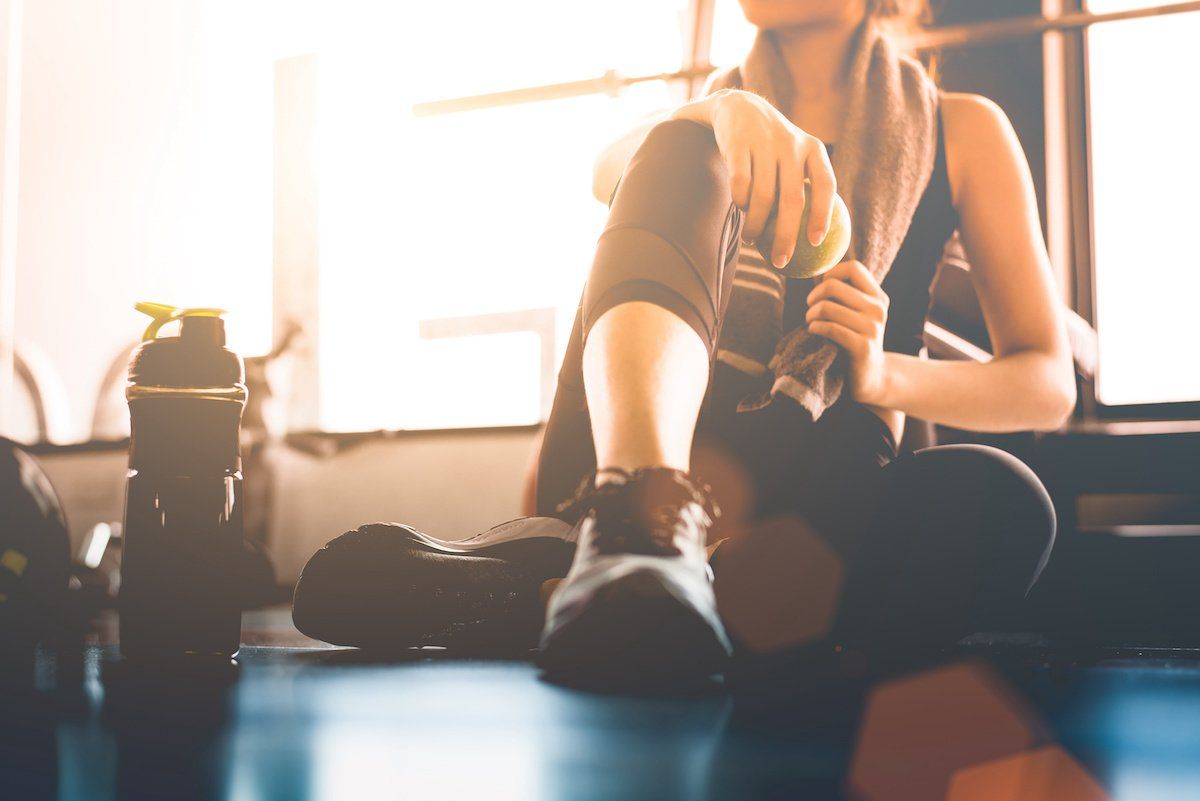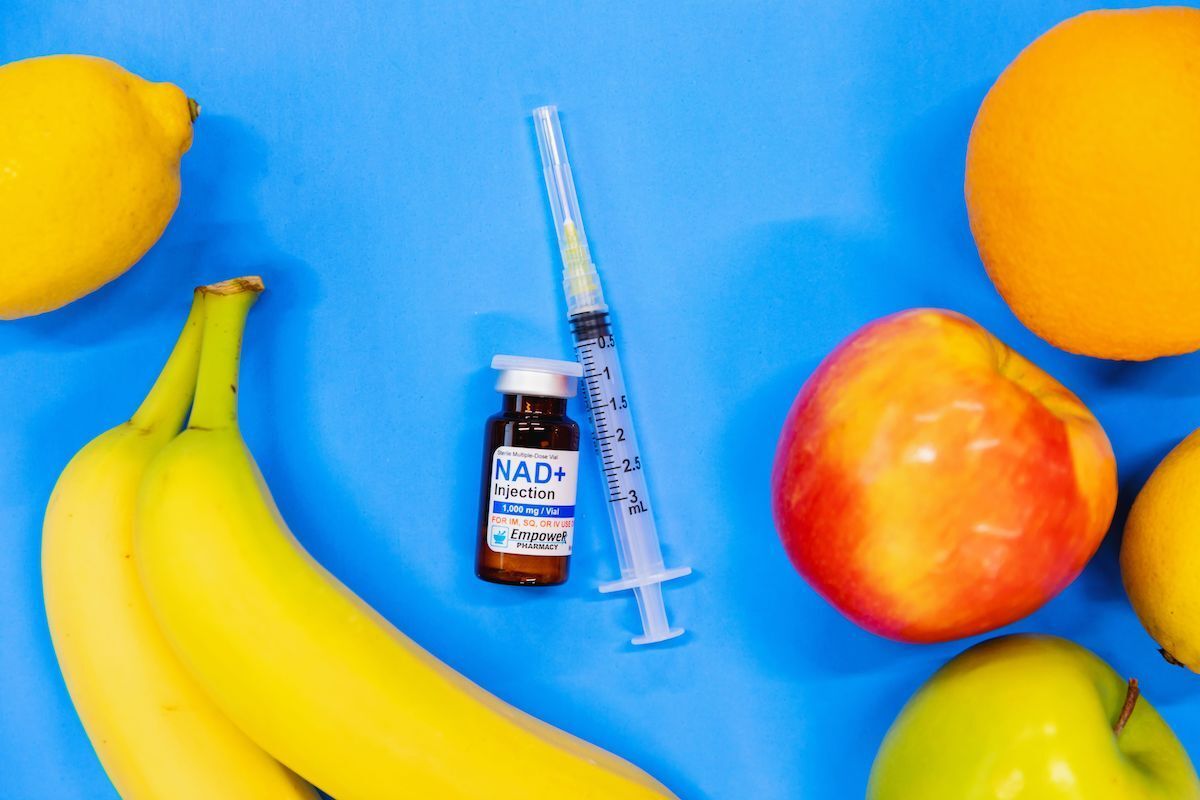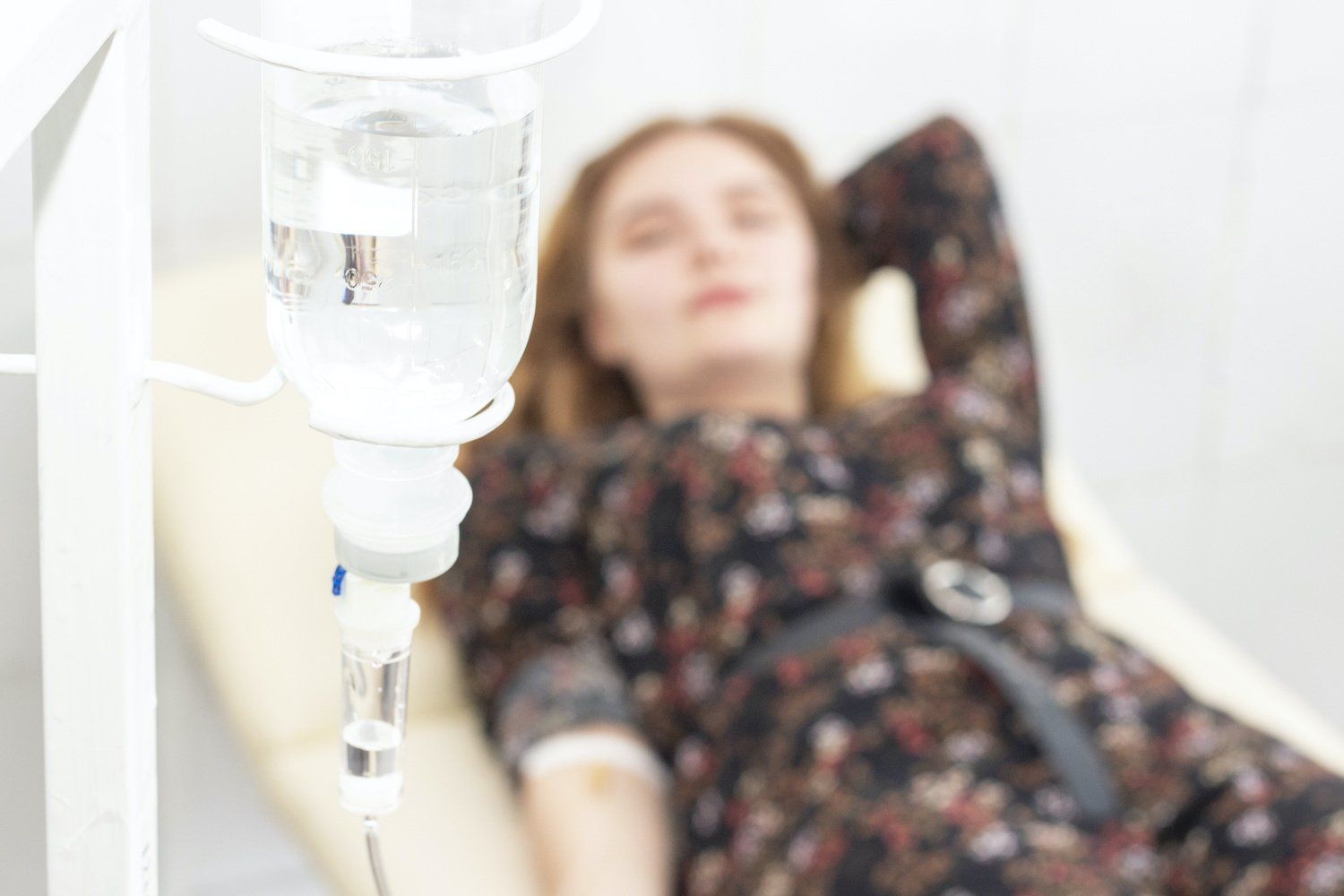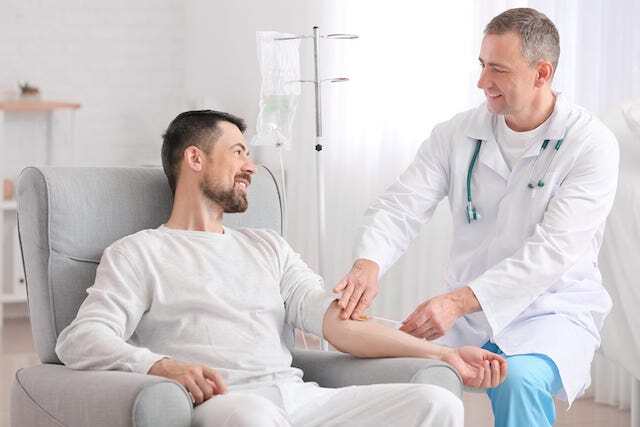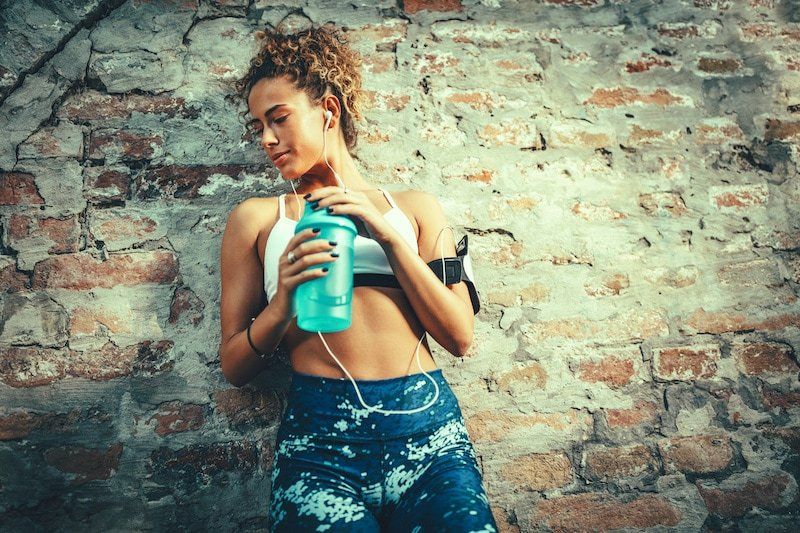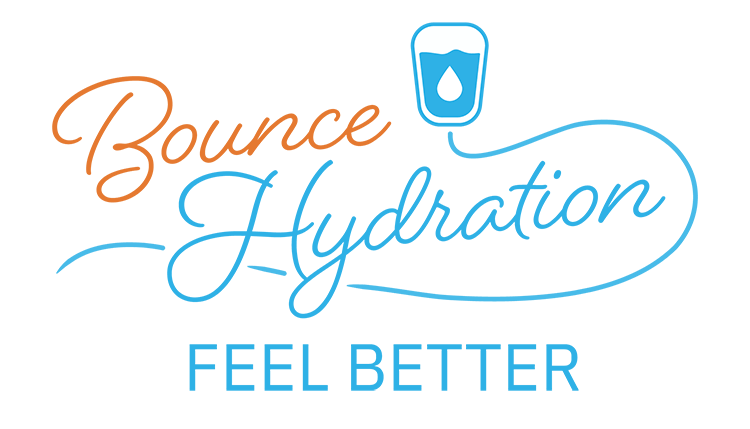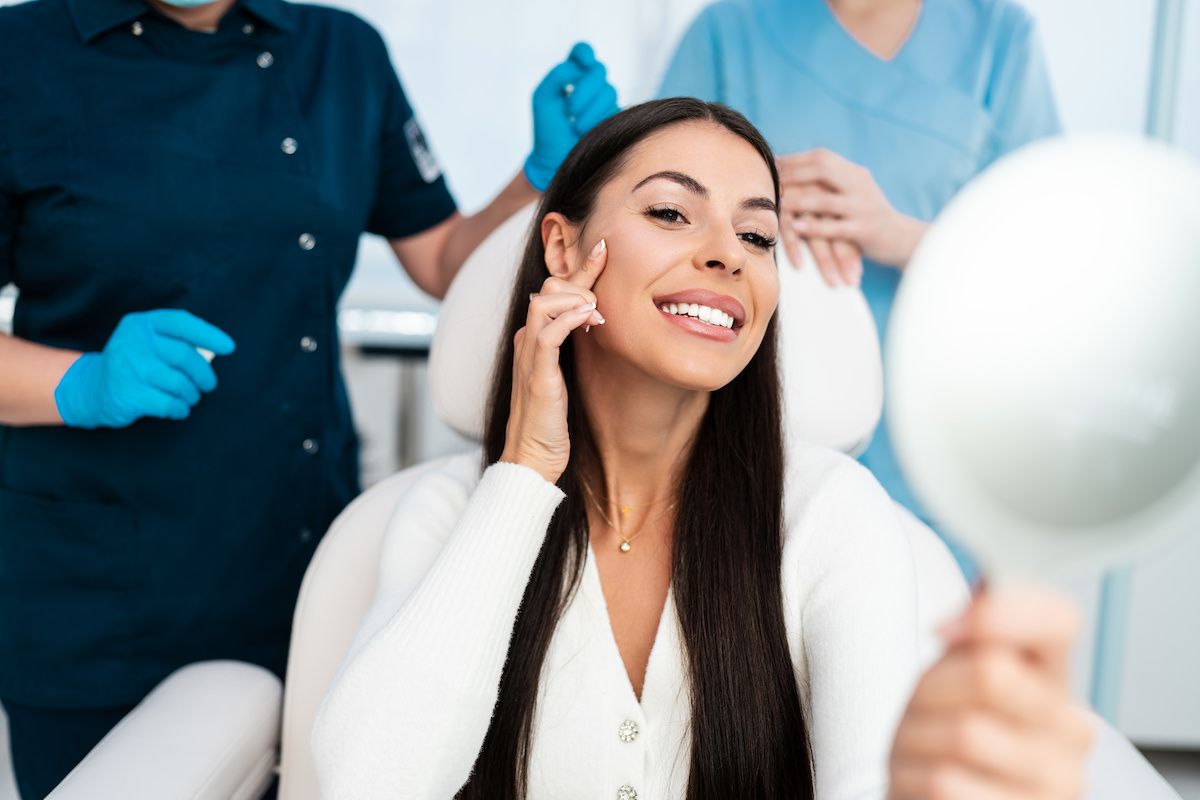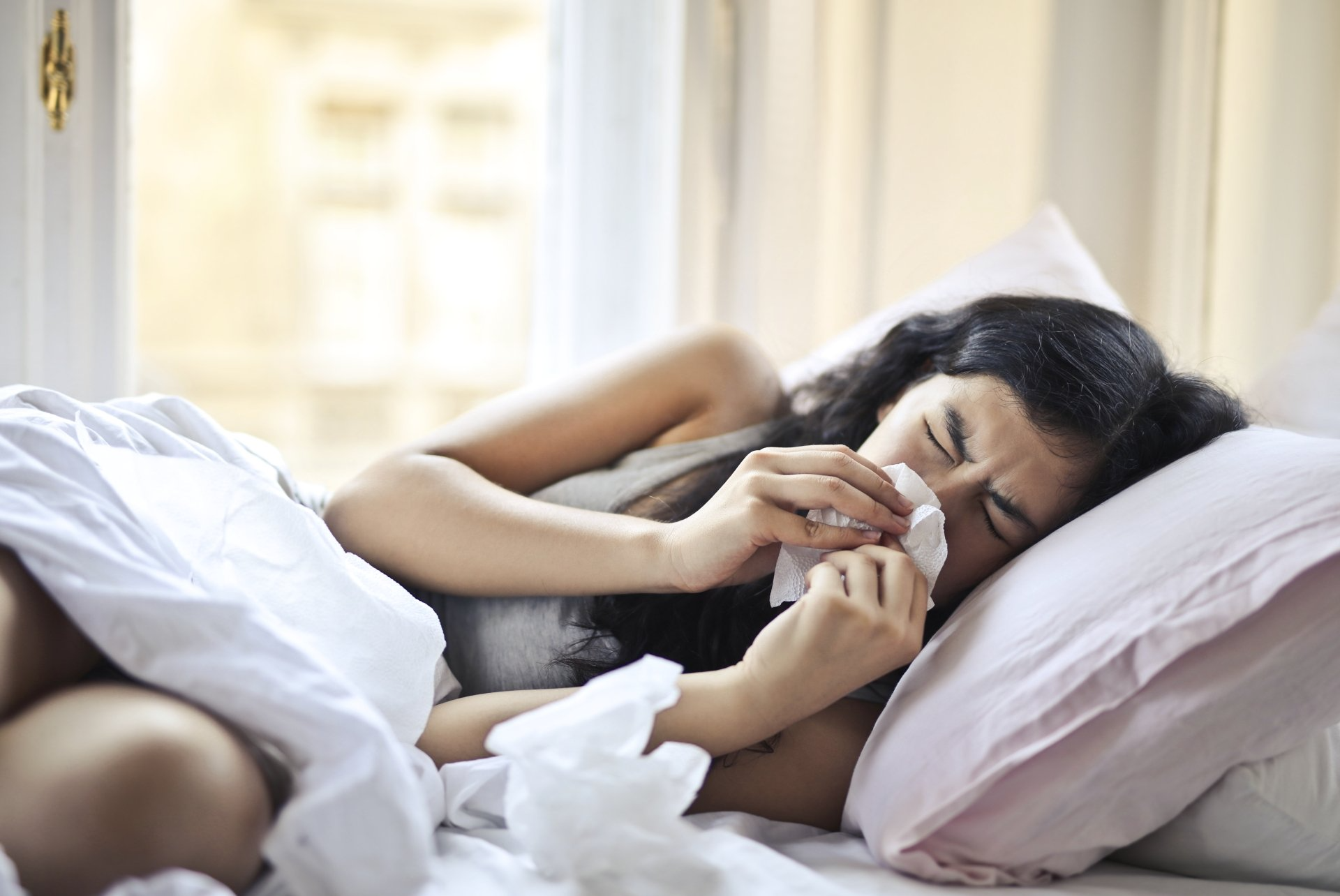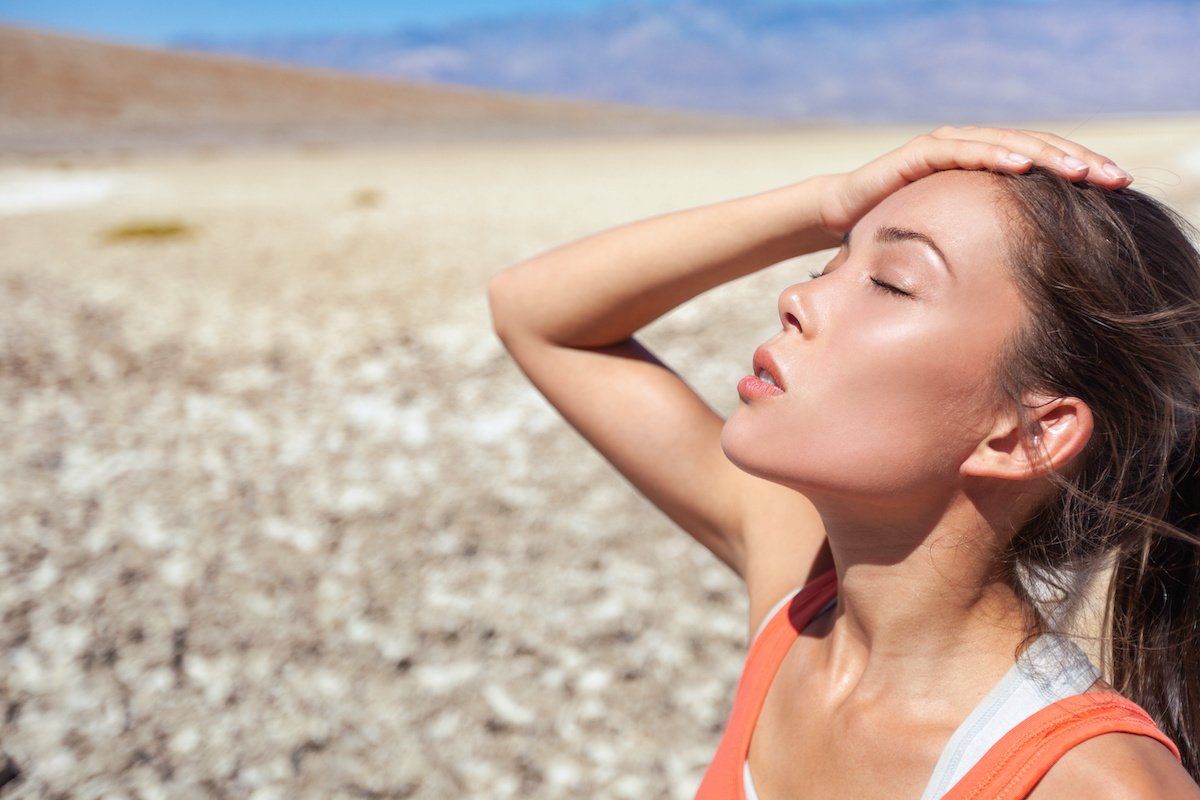11 Tested Ways to Fix a Hangover
It’s the morning after a big night out and you feel like death. Your head is pounding, your mouth is dry, and nausea is creeping up on you. You had a great time last night, but now you’re paying for it. You’ve probably heard some of the hangover cure myths out there, but you don’t have to eat your body weight in greasy breakfast foods to improve your symptoms. Follow these simple tips to prevent and alleviate your hangover, and you’ll be feeling great again in no time.
1) Drink Water Before PArtying
Drink water before indulging in alcohol, before bed and the day after. Dehydration is a major contributor to the hangover symptoms you’ve come to know and loathe. Drinking water before bed and hydrating thoroughly the day after a night of heavy drinking can help to restore your body’s hydration. Adequate water intake also ensures your body is able to flush toxins efficiently.
2) Drink Water While You’Re Drinking
Another water-based solution is to drink one glass of water for every alcoholic beverage you consume. Drinking water between cocktails can slow your body’s absorption of alcohol by increasing the time between drinks and mitigating the dehydrating effects of alcohol.
3) Don’t OverindulgE
Hangovers are your body’s way of saying you’ve overindulged. It’s okay to enjoy yourself, but don’t cross the line into binge drinking. Men who drink five to seven cocktails within four to six hours will almost certainly experience a hangover. The same seems to be true for women after three to five drinks within the same period. The best way to avoid a hangover is to drink moderately.
4) Take Over-the-Counter Painkillers
Over-the-counter painkillers can also alleviate hangover symptoms. Aspirin, in particular, contains acetylsalicylic acid, which is a cyclooxygenase inhibitor. In other words, aspirin stops the formation of prostaglandins, which help regulate your body’s pain response. Fewer prostaglandins mean you’ll experience less pain after drinking too much.
A common suggestion is to take two aspirin before bed, but the benefits of this method are dubious. Most over-the-counter pain medication leaves your system within four to six hours, which means you won’t experience the benefits of those aspirin. More importantly, the combination of alcohol and acetaminophen, in particular, has been shown to cause liver damage. A better option is to take the painkiller after you wake up.
5) Take Naps
Try to sleep as much as possible after drinking. Alcohol has been shown to interrupt your sleep patterns through what is known as the “glutamine rebound.” Production of the amino acid glutamine is suppressed when you’re drinking. When alcohol leaves your system – usually while you’re asleep – the body attempts to restore its glutamine levels. This “glutamine rebound” has been associated with increased waking up and light sleeping. Most people experience six to seven rapid eye movement (REM) cycles during a normal night; after a night of sleeping, that number is reduced to two or three.¹
While you cannot neutralize the effects of the glutamine rebound, you will likely feel better if you get as much sleep as possible after a night of raging. The only way to fully recover is to get quality, uninterrupted sleep the night after your big night out.
6) Avoid drinking dark alcoholic beverages
Avoid drinking dark alcoholic beverages right before bed. Darker drinks tend to contain more congeners – a byproduct of the fermentation process that occurs during alcohol production – than lighter drinks. Research suggests that congeners contribute to hangover symptoms. So, if you’re hoping for a headache-free morning, put away the scotch. Try gin or vodka cocktails, instead.
7) Don’t drink on an empty stomach
If you start drinking while your stomach is empty, the alcohol will be absorbed into your bloodstream quickly. The average person’s liver can only metabolize one drink per hour. If you’re drinking more than one alcoholic beverage per hour, your blood alcohol level will rise at an unhealthy rate, causing you to feel more drunk than you would otherwise.
The good news is that eating a fatty meal prior to drinking has been shown to slow the body’s absorption of alcohol. So, enjoy a steak or a pizza before your next night out.
8) Get THose Electrolytes
Electrolyte replenishment is also key to preventing hangovers. Alcohol inhibits the secretion of antidiuretic hormones (ADH), which increase urination and prevent your body from reabsorbing water. This leads to lost electrolytes. It’s important to restore your electrolyte levels by drinking water or, better yet, coconut water the day after an indulgent evening.
9) Try Some Sugary Foods
Sugary foods may help you to feel less trembly when you have a hangover.² The high fructose content of honey, in particular, may help your body to rid itself of alcohol more quickly. One study of 50 adults found that honey increased the rate of blood ethanol elimination by as much as 32.4%.³ Unfortunately, honey hasn’t been shown to alleviate the symptoms themselves.
10) Supplements can Help
Some supplements have also been shown to improve hangover symptoms. One study concluded that an extract of the opuntia ficus indica plant, better known as prickly pear cactus, had a moderately palliative effect on hangover symptoms.⁴ Red ginseng has also been shown to relieve the effects of alcohol consumption and hangover symptoms by facilitating the body’s ability to metabolize alcohol.⁵
One Possible ANswer… IV Drips
If you’re in the throes of a particularly painful hangover, consider scheduling an IV drip. IV drip therapy can replenish your electrolytes faster than simply drinking water can. And just as important, IV drip therapy can deliver electrolytes and nutrients you can’t find in a bottle.
While these suggestions can all help to prevent a hangover, the best way to avoid a pounding headache is to drink in moderation. You can still enjoy the party without condemning yourself to a painful morning.
Sources:
Share with Your Friends and Family!

